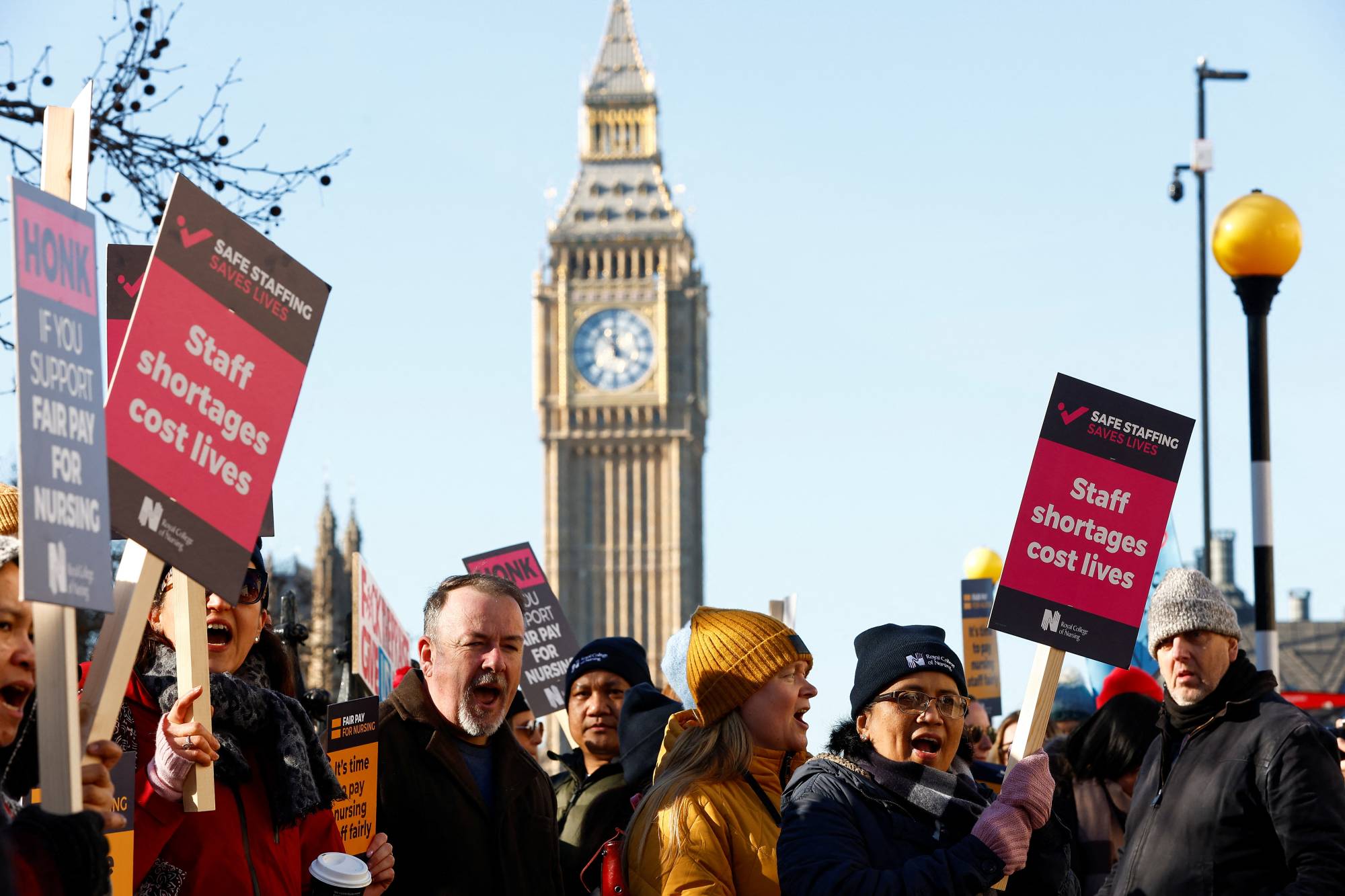Britain’s National Health Service has become a story of crisis. A lack of money, a lack of staff, even a lack of beds. The coronavirus pandemic almost broke it — and the hangover still might. This winter has played out against a backdrop of record waiting lists, ambulances unable to deliver patients to hospitals and picket lines of striking nurses.
For a host of medical practitioners and scientists and tech firms and politicians, the NHS — the U.K.’s biggest employer — has finally reached a tipping point after 75 years, and the time has come to remake it.
Programs and studies under way include "virtual wards” for remote care, family doctors paying energy bills for vulnerable patients, and scientists using artificial intelligence to predict the impact of cold and damp homes on children’s health. Their shared focus is finding ways to reduce the burden on the NHS by keeping people out of its overstretched hospitals.



















With your current subscription plan you can comment on stories. However, before writing your first comment, please create a display name in the Profile section of your subscriber account page.